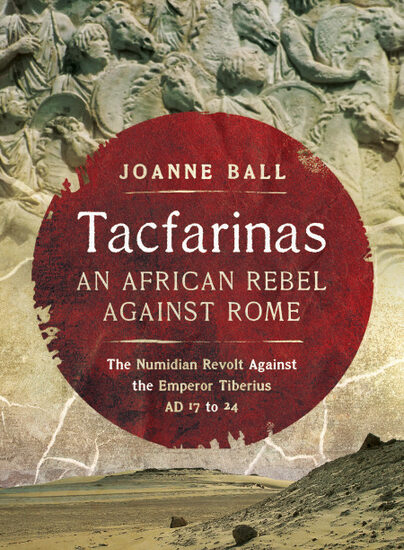Women’s History Month – Chris Rowe
FINDING CARMEN POMIÈS: Tripping Over History When Looking For Something Else
Who was Carmen Pomiès?
Carmen was a ‘posh girl from Paris’ who became one of the outstanding players in women’s football in Europe in the years between the two world wars. Carmen was many times captain of France and played on many tours abroad, to England, Ireland, Belgium, Portugal and the United States. Off the football pitch, Carmen was an ambassador for the women’s game, a real fighter for equality. Outside football, she was a terrific athlete who won medals throwing the javelin and was outrageously talented in tennis, skiing, swimming and diving. Carmen’s siblings were talented, too. Her older sister, Helene, was an author and translator. Carmen’s younger brother, Georges, was a famous modern dancer and film star. Carmen herself was secretary to Renèe Saint-Cyr, a true diva of French cinema. After France was invaded and occupied in 1940, Carmen was active in the French resistance; she was there on the streets of Paris at the Liberation in 1944. After the war, she went to live in the United States before returning home to France at the end of her extraordinary life.
Why did you write a book about Carmen?
Pretty much by mistake. I’d already written lots of History textbooks and done a lot of online historical content for various European History projects, but I’d never thought of writing a biography. More than that, I’d got to the age of seventy-eight without ever hearing about Carmen Pomiès at all. But then came footballmakeshistory.eu. It’s a website, launched in 2017 by EuroClio, an international History association based in Den Haag. A bunch of teachers and editors with an interest in football devised a plan to exploit the worldwide popularity of the game as a hook to draw young people into new ways of learning about History, citizenship and inclusiveness.
My special contribution was to compile 100+ life stories linking football to important thinking points. To deal properly with diversity and discrimination, every life had to have a backstory: black players and coaches confronting racism, Jewish footballers who died in Auschwitz, victims of homophobia, or alcoholism, or depression. To be inclusive, promoting equality, it was obvious a fair proportion of the life stories had to be women. I knew a bit about some famous names, like Lily Parr and Violette Morris, but when I started my researches Carmen Pomiès turned up over and over again. So Carmen became one a life story in her own right and the more I found out about her the more fascinating she became. In a phone chat with my older brother, Ian, whose expertise in French I leaned on a lot, I said jokingly “I think Carmen is worth a book”. The joke became serious. Almost on a whim I contacted Pen & Sword to see if they might be interested. To my surprise they said yes immediately. So there it was; I really had to go ahead and write the book.
What did you get out of writing your book?
For one thing, it kept me busy. Producing the book coincided almost exactly with the Covid lockdowns. Better than that, it proved once again it’s never too late to learn something new. Carmen’s story drew me into things I’d only half grasped about the history of women’s football. I belatedly realised how widely the women’s game had spread after the First World War and how much interest it generated. I also started to understand the nasty anti-feminist backlash against women’s football, especially in the 1930s, and how Carmen and her friends were warriors fighting for equality.
Perhaps best of all, I got involved with new friends and collaborators who made huge contributions to my book and did much to make me a better historian (and better feminist). Marcel Put, a Dutch colleague at Football Makes History, dug out masses of new information and sources. Helge Faller from Bavaria, the best-informed expert on the history of women’s football in interwar Europe, generously shared his knowledge. Steve Bolton, grandson of a famous Dick, Kerr Ladies player, Lizzy Ashcroft, turned out to be as obsessively enthusiastic about Carmen as me. My older brother, Ian, a French teacher who has travelled more widely round France than anyone I know, was my minder as I sifted the evidence from books and articles in French. And, at a conference in Eindhoven in January 2020, I met Petra Landers, one of the top players for Germany in women’s international football in the 1980s. Petra was inspirational. She became one of my life stories and pushed me further to understanding issues of equality and anti-feminism in sport. I also feel very fortunate that the editorial staff at Pen & Sword were so supportive, making all the hard work seem worthwhile.
How do you feel about your book now it’s finished?
Very happy, I think. I like Carmen just as much or even more than when I started, which is not always the case when you write a book on someone you did not know before. I like the way Carmen’s life fits in with the twentieth century history I taught my A level students about. I also like the way her life has some parallels with my own. Like Carmen, I was mad about sport, especially team games. Like Carmen, I sailed across the Atlantic in my early twenties. I even quite like the fact that I have not been able to find everything about Carmen’s life; there is a lot of mystery about what happened to her after 1960, or when exactly she returned from America to France. Part of being a good historian is understanding the things you do not know. It’s quite comforting there are things someone after me will find out to put the record straight.
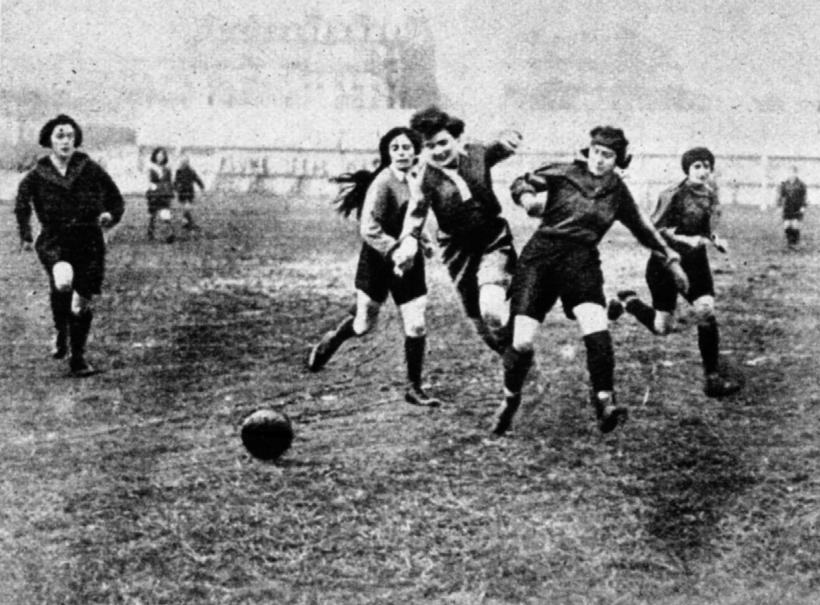
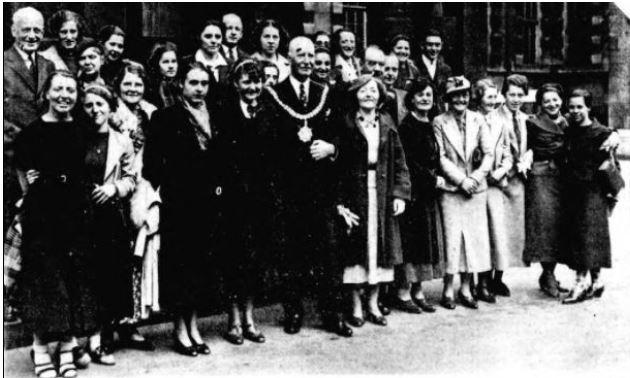
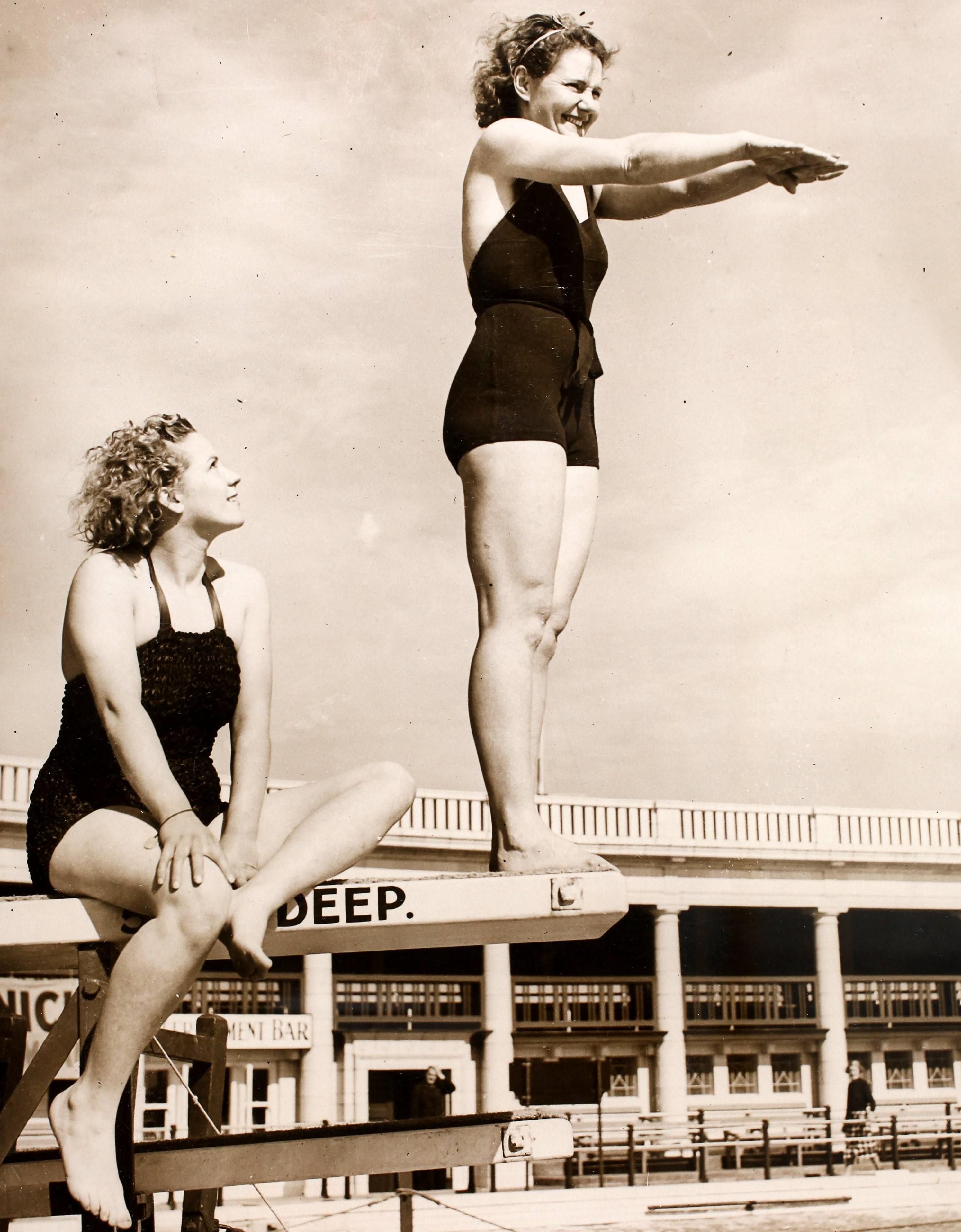
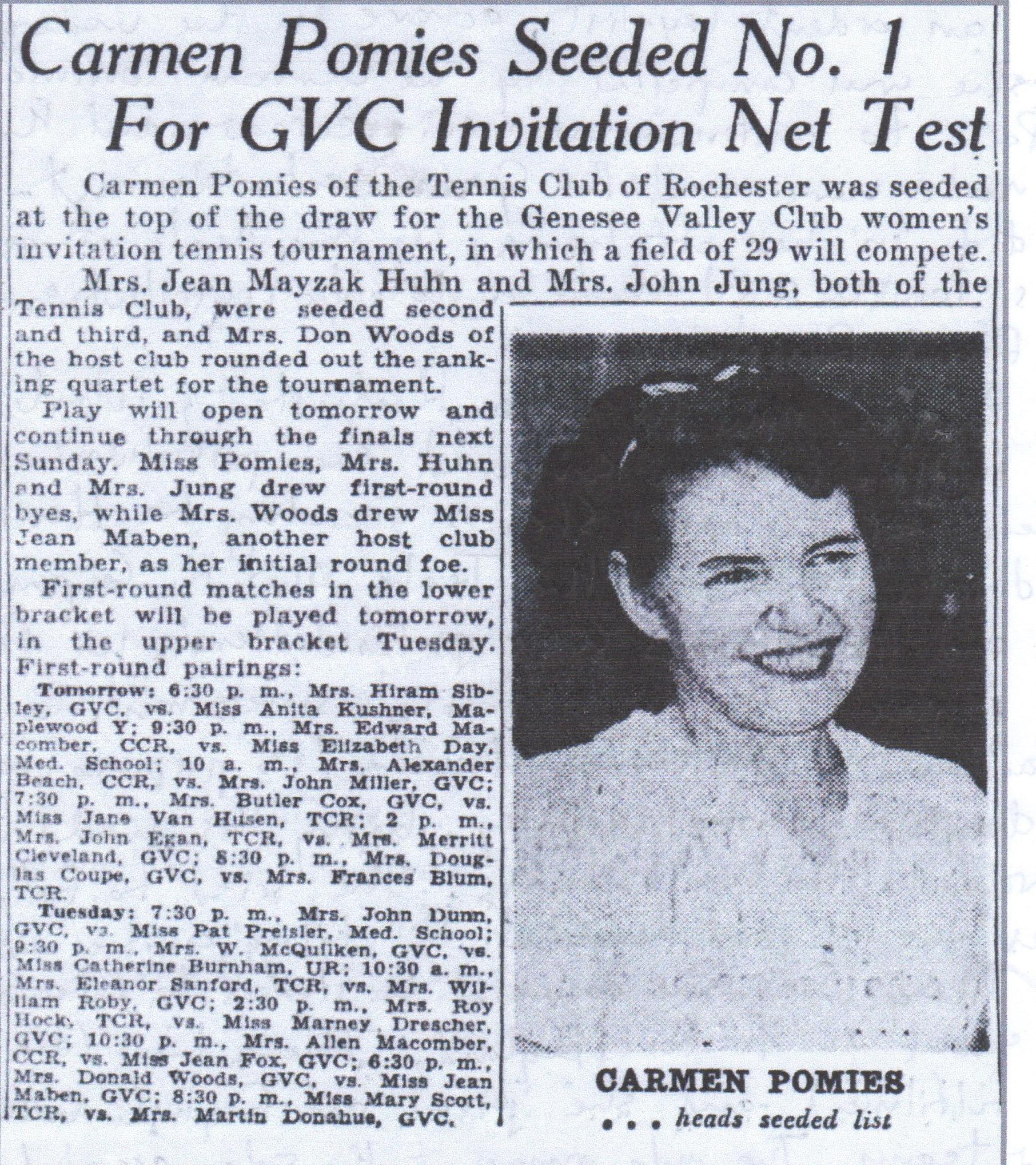
………………………………………………………………………………………

Carmen Pomiés is available to order here.
